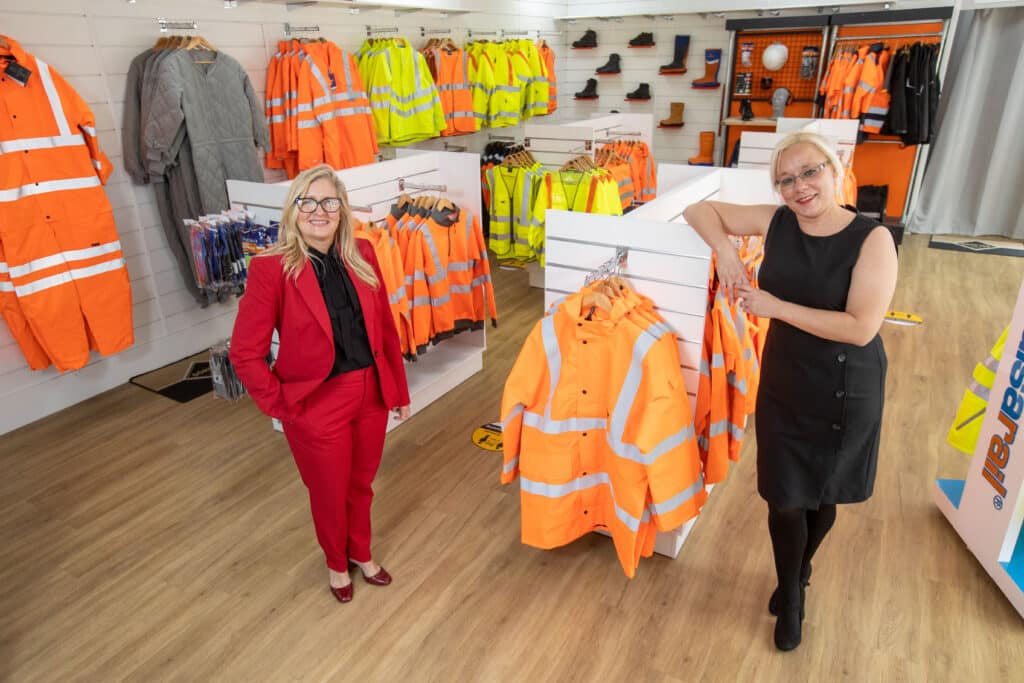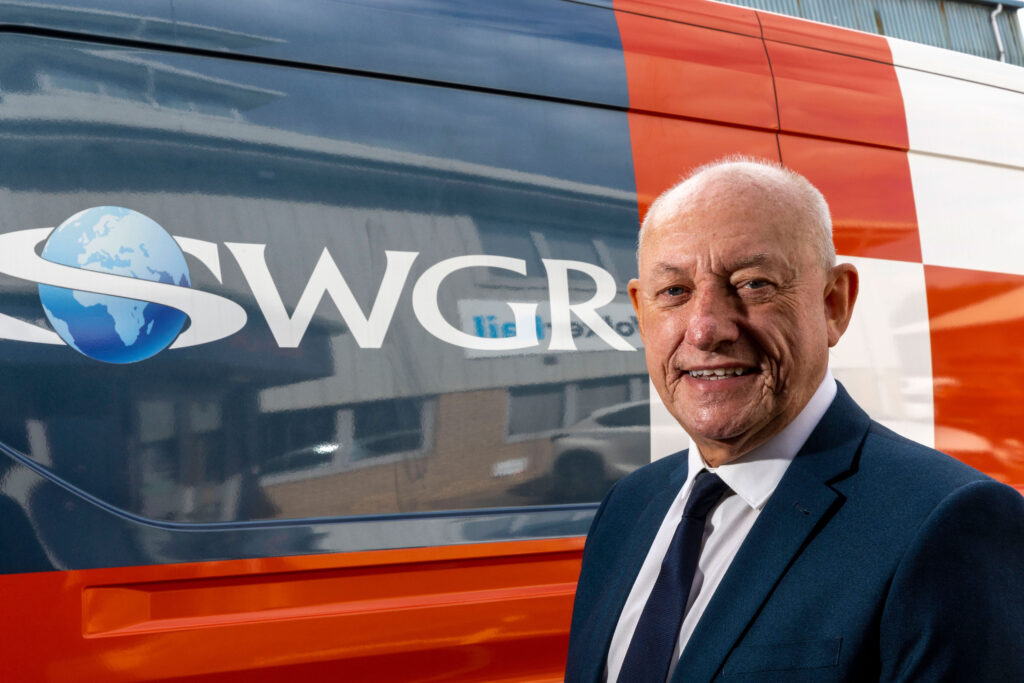There is a common challenge facing most sectors in the UK. With an ageing population and the development of roles through technology, the gap between skilled people required and skilled people available has significantly widened
Facilities management, especially from a maintenance perspective, face the same challenges that are seen in sectors such as rail, aviation, transport, construction, manufacturing, and even healthcare. To combat this, leading industry bodies have set up taskforces and initiatives in a bid to help businesses train and develop skilled labour.
But more needs to be done from a cross-industry perspective. Infrastructure support services provider SWGR has continued to innovate and invest in different ways to support, not only the services it provides, but partners in other industries, such as construction and maintenance, to develop transferable skills that can be used to support many industries.
SWGR is one of the largest skilled workforce providers in UK rail and has been recognised for its development of a strong safety ecosystem which has been shared as best practice in supporting its workforce. It continues to invest and develop in its team in a relentless pursuit of higher standards.
Raymond Johnstone, Head of Business Delivery at SWGR, is working with the organisation’s training company in order to combat this challenge.
Many of those who work in the facilities management sector will have skills that they will be able to use in a rail environment
He said: “There are a lot of opportunities to be had from a resourcing perspective if companies were to partner with each other. The level of transferable skills across many industries may be a viable solution in reducing the skills gap and ensuring work is completed on time and within budget.
“Businesses that require skilled labour are blatantly aware of the huge levels of investment they are required to make in order to train one person up, who may then leave in a short space of time and leave companies with the same problems.

“What SWGR is saying is that this way of working needs to change. Industries are too often working in silos and not looking at best practice across other sectors. By doing this, they will be able to realise that there are huge levels of crossover in transferable skills. Through joint investment, organisations who join forces will be able to benefit from reduced investment in training and development, while benefitting from a skilled resource.
“Many of those who work in the facilities management sector will have skills that they will be able to use in a rail environment. The industry alone, according to research from the National Skills Academy for Rail and City & Guilds, requires more than 120,000 skilled colleagues to complete the projects outlined for the next 10 years.
“If we do not act now, we will further compound the challenges all our industries face in years to come. We need to support each other for the betterment of all in sectors where the skills gap is a huge issue.”
To contact SWGR, call 0844 692 0692.





